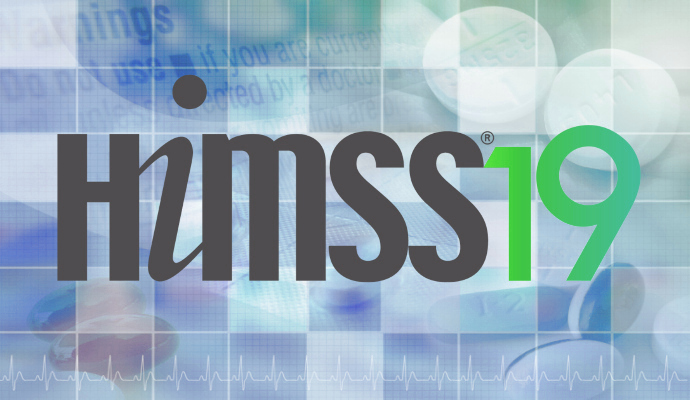Healthcare Interoperability Will Be Focus of HIMSS19 Confab
Healthcare interoperability will be on the minds of many attendees of the 2019 HIMSS Annual Conference and Exhibition being held next month in Orlando.

Source: Xtelligent Healthcare Media/Thinkstock
- In less than two weeks, more than 45,000 healthcare IT professionals, clinicians, executives, vendors, journalists, and others will descend on Orlando, Florida, for the 2019 HIMSS Annual Conference and Exhibition. Healthcare interoperability will be on the minds of many attendees.
There will be over 1,300 vendors in attendance and more than 300 educational sessions divided into 22 tracks, ranging from clinical informatics to user experience.
Healthcare interoperability will be part of the track on Health Information Exchange, Interoperability, and Data Integration and the topic of the Tuesday evening keynote session by HHS Secretary Alex Azar and CMS Administrator Seema Verma.
Azar and Verma will speak about the agency’s work promoting interoperability and greater patient engagement, as well as other healthcare transformation projects they are leading.
There will be four sessions on application programming interfaces and how they can promote interoperability in healthcare: "State of the Healthcare API Economy" on Thursday at 10 am, "Unlocking EHRs: How APIs Usher in a New Data Exchange Era" on Wednesday at 1 pm, "The Blueprint for Putting Patients at the Center of APIs" on Monday at 2:30 pm, and "Data Interoperability" on Tuesday at 2:15 pm.
“Healthcare organizations seeking to create interoperability between internal apps, electronic health records and other data exchange tools, are increasingly turning to APIs to manage the flow of data and information between historically disparate and fragmented systems,” explained Tamara StClaire, chief strategy and innovation officer at GuideWell, Florida Blue, in a blog post on the HIMSS19 website.
On Tuesday morning, the conference’s opening keynote session will tackle the question of whether consumer-directed exchanges will disrupt the healthcare marketplace.
Panelists will include Verma, Leavitt Partners Founder Michael Leavitt, CareJourney President Aneesh Chopra, and Karen DeSalvo, former national coordinator for health IT and consumer-directed exchange advocate.
Session of particular interest to IT professionals include “Hiring and Retaining the Right Healthcare Technology Staff” on Wednesday at 2:30 pm, “Assessing When a Vendor’s Security Incident Is a Breach” on Tuesday at 4:15 pm, and an all-day Monday session “Project Management: Prioritizing, Managing and Controlling Your Project and Application Portfolios.”
Wrapping up the conference on Friday morning, National Coordinator for Health Information Technology Don Rucker will talk about embracing healthcare innovation.
Healthcare interoperability was also a key theme at Office of the National Coordinator for Health Information Technology (ONC) annual meeting last year.
In his opening speech at the ONC annual meeting, Azar highlighted his interested in promoting healthcare interoperability.
“I have identified health IT as one of the key elements for value-based transformation. We will succeed at building an interoperable health IT system, and we will ensure that patients have access to and control over their data,” Azar said.
ONC Deputy National Coordinator for Operations Lisa Lewis told the annual meeting that it is vital for the federal government and the private sector “to work through the complicated infrastructure of policy, technology, and business drivers that can make it hard for us to achieve interoperability. With the public and private sectors working together, we can figure out interoperability for the American people. It is our responsibility to do so.”
Deputy Secretary of Health and Human Services Eric Hargan said that “it is impossible to move to a future health system … without a truly interoperable health IT system. We are focusing our EHR incentives on interoperability.”
Hargan said that when patients move to a new provider, they should be able to bring their medical records with them.
“As we continue to progress on health IT, we are going to continue a focus on provider burden and on making sure that overall health IT really is making it easier for doctors to help their patients. This has to remain a focus of our work,” Hargan said.
“We don’t want to micro-manage how the private sector can help us accomplish our goals. When we set out specific goals, whether it is overhauling outdated rules or requiring interoperability, it’s because we take these goals seriously, and we follow through on them to the best of our capacity,” he concluded.
